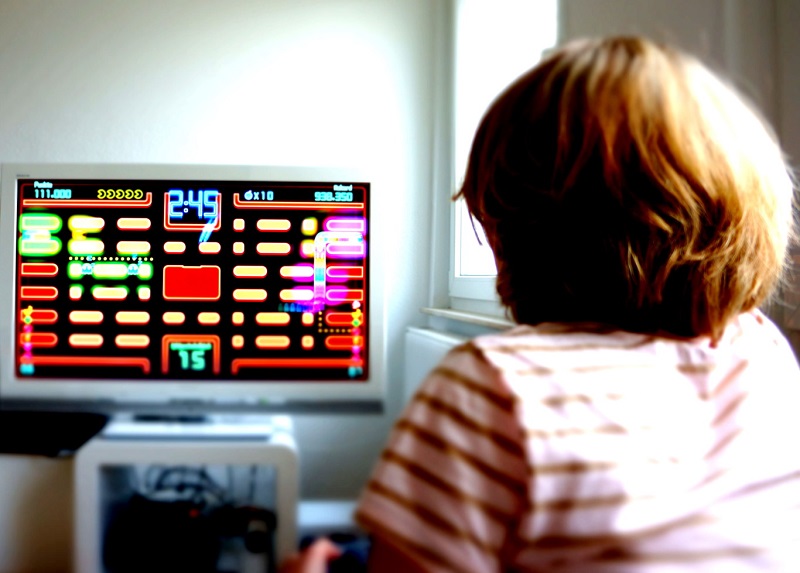Research on the effects of video games is a mess. Sorry to be so direct, but it is. On the one hand, there is evidence that video games can improve cognitive abilities and emotional young (and not so young). On the other hand, there are numerous studies that link them with behavioral problems, violence and an increased risk of developing addictions.
The battle between those who think that video games are the wrong done bits and those who believe they are a good thing dates back to the popularization of the first games in the seventies. Although, as always, there are intermediate positions: a team of researchers from CIBERESP argues that the key is not whether we play or not play video games, but how we do it and, above all, in how we play.

Video games are invading all, we regret
It is not an innocent subject. And not just because the video game industry moves more than 90 billion dollars and has starred in one of the cultural events of the year. It is that schools around the world are gradually changed to convert video, virtual reality and video games in the new textbooks. As says Juan Ramón Barrada, a professor of psychology at the University of Zaragoza, “there is little evidence to suggest that more is learned well: the problem is not teaching ways and means of teaching.”
And if we discard their educational benefits, what is left of the increasingly popular use of video games? Is it possible that even from schools we are promoting the use of objectively dangerous things for young people? To study it, the team of the Center for Biomedical Research Network studied 2,442 school – age children. The idea was to analyze the real relationship between the weekly use of video games and various effects (both positive and negative) that have been partnering for the past 30 or 40 years.
You may also like to read another article on iMindSoft: Your monitor can also hack to spy or make you see things that are not
Play, but not too
The results are that indeed seems to play video games associated with a better motor coordination, increased mental and processing information quickly, and better working memory, attention and motivation. In addition, players did not have behavioral problems compared to non – players. If played little, at least.
The most interesting finding of this study is that, as researchers anticipated, a weekly time spent on video games is good. Cognitive and academic benefits appeared when he was engaged in just one or two hours to the game. But in children who spent more than nine hours, researchers found problems behavioral, social skills and lack of sleep disorders.
Cause or alarm
It is important to note that this study does not speak of causes. That is, it does not tell us too many hours playing video games produce these or other problems. While we theories that explain the cognitive and academic improvement, scientists have trouble finding mechanisms of action to explain how video games cause antisocial behavior (+).
Moreover, for all we know, it is likely that, at least in part, video games act as ‘refuge’ for children who already have social problems: a shelter that can be a blessing or it can be a trap depending on how it is managed. Therefore, although no such research on adults, researchers suggest that abuse of video games can be an indicator of underlying problems. Especially when that abuse is a problem in other areas of our life.
Anyway, it is clear that we need to investigate, reflect and experience more deeply if we want to get the most potential tools that brought us the (not so) new digital world.